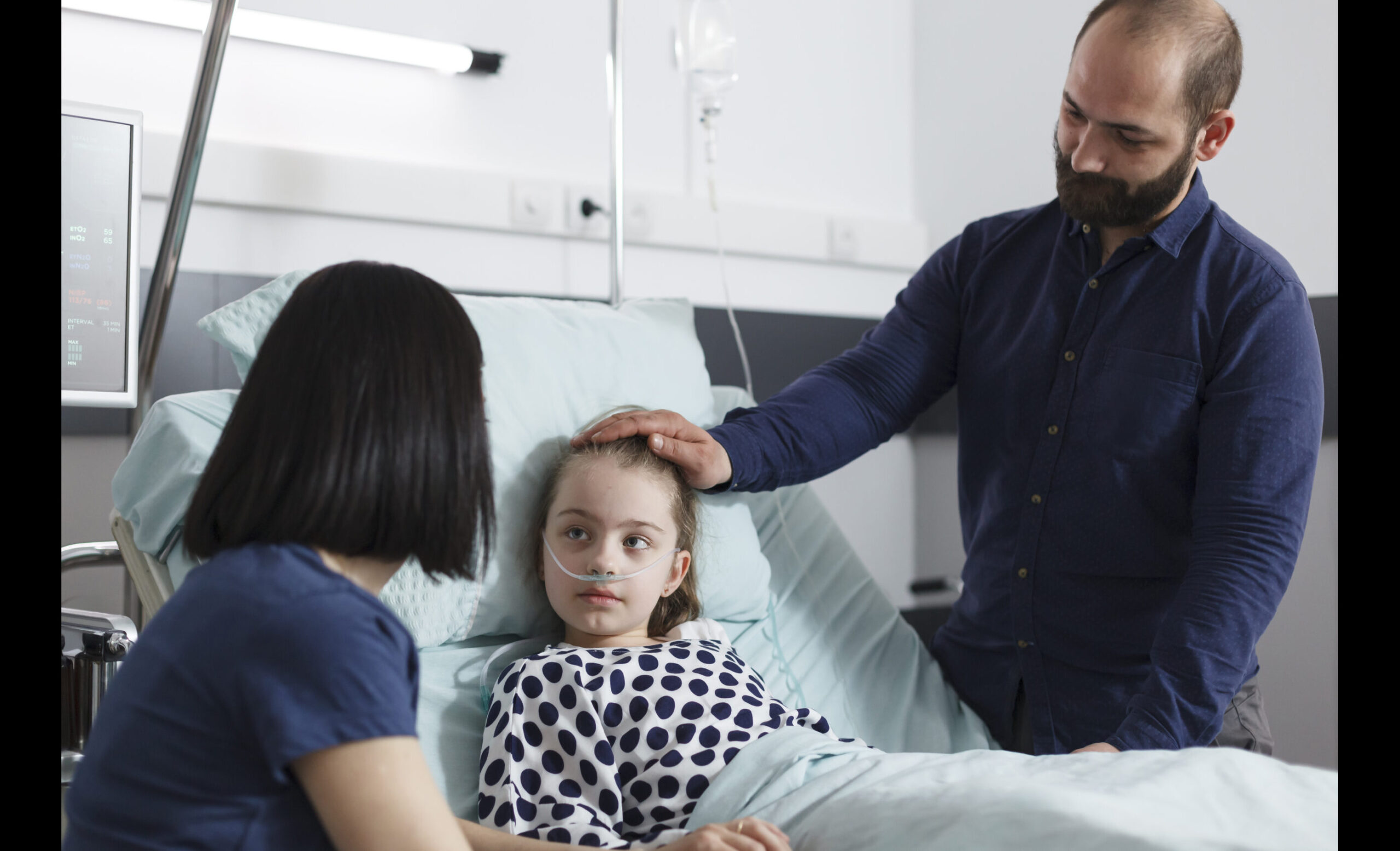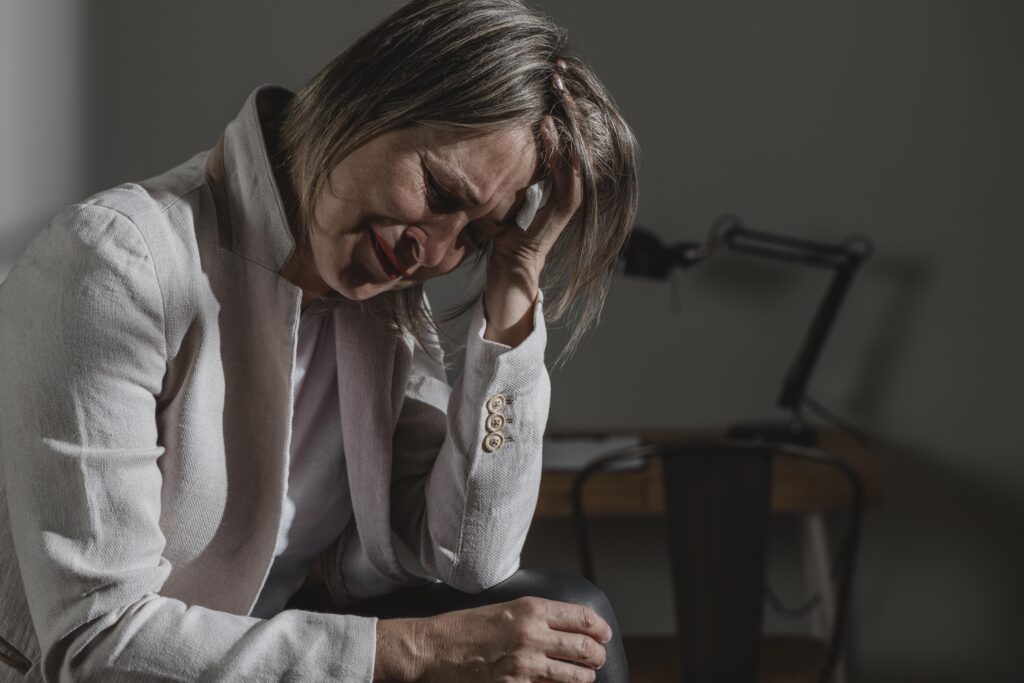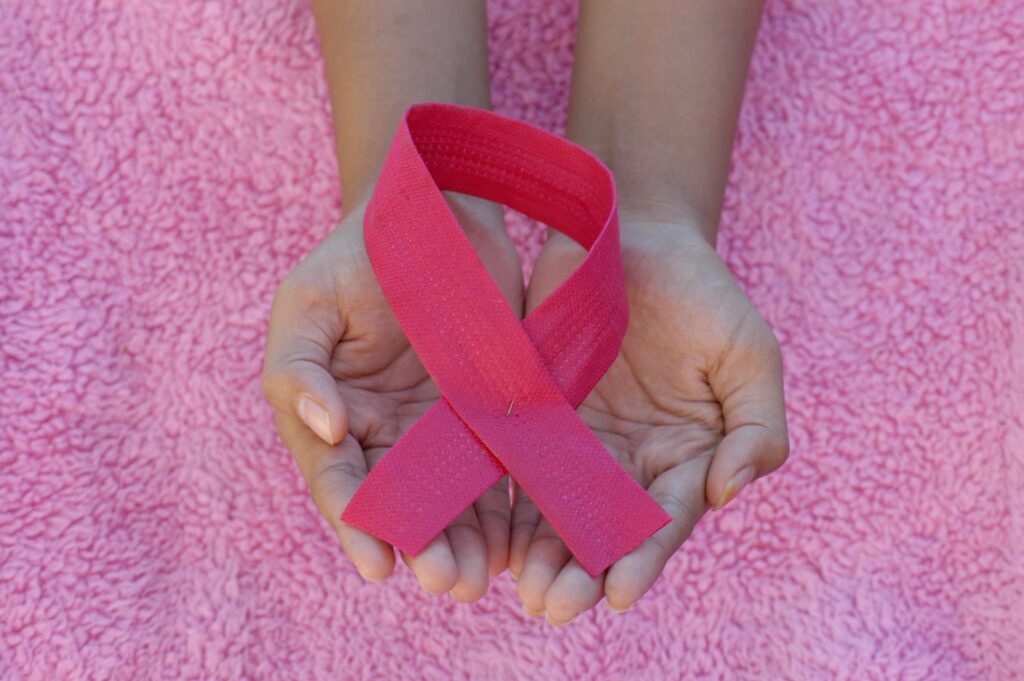For over 25 years, I have dedicated my life to being a radiation therapist, witnessing the myriad ways cancer impacts not just patients but their families and communities. Every day in the clinic is a testament to the resilience of those battling cancer and the intricate web of challenges they face. Among the most heart-wrenching experiences is seeing how childhood cancer devastates families, altering their dynamics and straining their emotional and financial well-being.
Childhood cancer is not just a medical diagnosis; it’s a seismic event that shakes the very foundations of a family. Parents are thrust into a world of hospital visits, treatment plans, and medical jargon while trying to maintain a semblance of normalcy for their other children. The emotional toll is staggering. Mothers and fathers grapple with feelings of helplessness and fear, siblings feel neglected or develop anxiety, and the child facing cancer endures pain and uncertainty beyond their years.
The financial burden of childhood cancer is another critical issue that cannot be overlooked. Reflecting on an article from the New York Times, families often face significant financial strain due to medical expenses, lost income, and additional costs such as travel and accommodations near treatment centers. This financial pressure can lead to difficult choices, such as one parent leaving their job to provide full-time care for their sick child, further compounding the economic impact .
In my career, I’ve seen how these pressures manifest in daily life. Families become adept at navigating the labyrinth of insurance forms and medical bills. Still, the constant worry about finances often exacerbates the stress and anxiety associated with the illness. The lack of comprehensive support systems that address both medical and non-medical needs is a glaring gap in our healthcare system, one that we, as a society, must strive to bridge.
On a more personal note, I remember a young patient named Emily and her family. Emily was diagnosed with a rare form of leukemia at age six. Her parents, both working full-time, had to take turns staying with her at the hospital, juggling their jobs and caring for Emily’s younger brother. The emotional and financial strain on the family was palpable. Yet, amidst this struggle, their resilience shone through, a testament to the unyielding strength of the human spirit.
Emily’s story is not unique. It is a narrative echoed in countless households across the country. As a radiation therapist, I am privileged to witness these stories of courage, but it also underscores the need for a more holistic approach to cancer care—one that acknowledges and supports the emotional, financial, and social challenges families face.
As we continue this blog series, I hope to shed light on the multifaceted impact of cancer on patients and their loved ones. Through these reflections, I aim to foster a deeper understanding and, ultimately, advocate for changes that will alleviate the burdens shouldered by so many.
In the upcoming entries, I will explore other critical aspects of this journey, including the psychological toll on patients, the role of caregivers, and the broader implications for our healthcare system. By sharing these stories and insights, I aspire to honor the incredible resilience of those I have been privileged to serve and to inspire action towards a more compassionate and comprehensive approach to cancer care.











